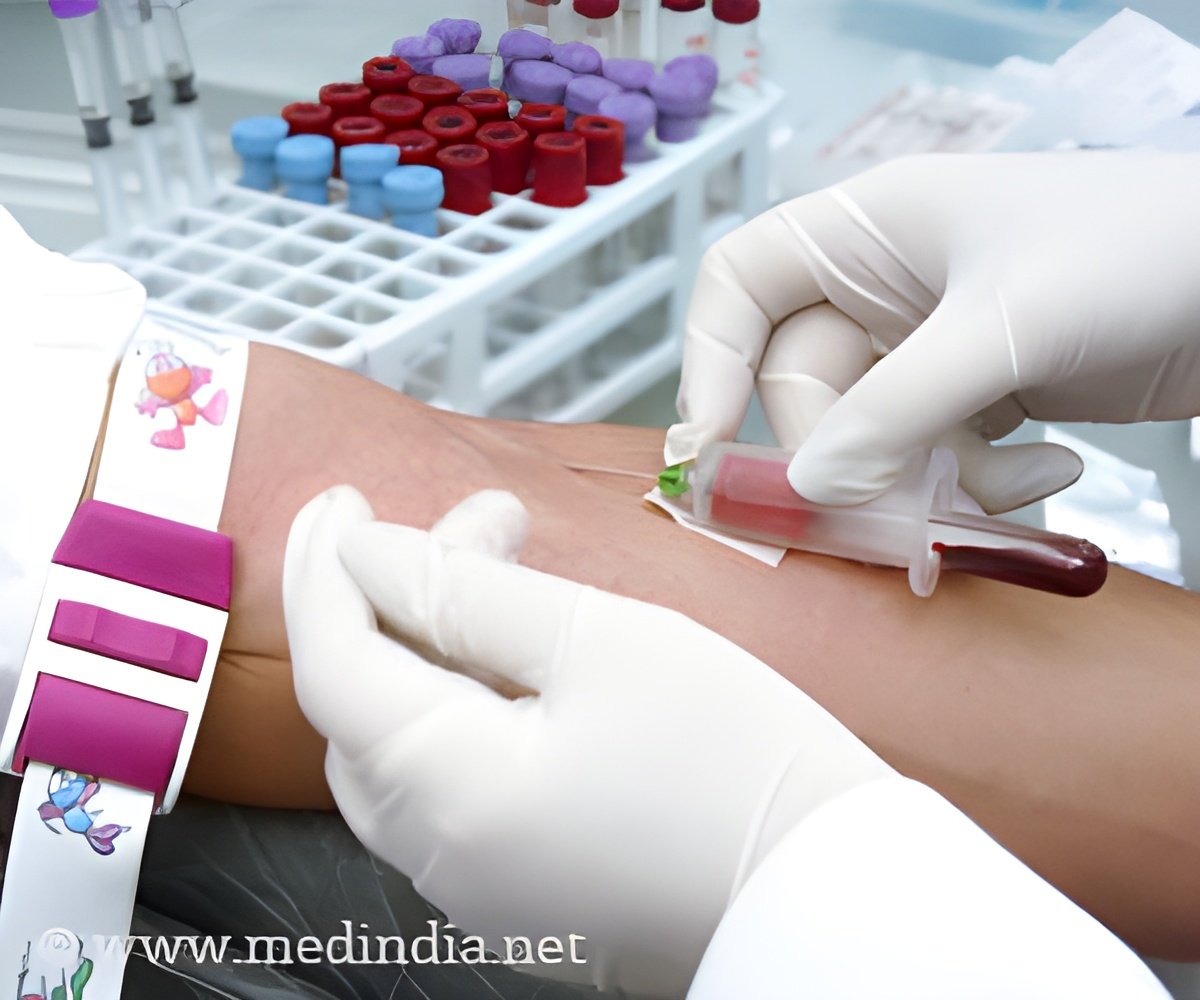Simple blood test could help reveal whether an infection is caused by a bacteria or virus and thus prevent unwarranted prescription of antibiotics.

‘New and cost-effective blood test can prevent over-use of antibiotics by detecting whether an infection is caused by a bacteria or virus. The blood test can also prevent the emergence of powerful drug-resistant organisms.’





“A lot of times you can't really tell what kind of infection someone has,” said lead author Timothy Sweeney, an engineering research associate with the Stanford Institute for Immunity, Transplantation and Infection.” If someone comes into the clinic, a bacterial or a viral infection often looks exactly the same,” he added. Many of the diagnostic tests work by identifying the bacteria in the bloodstream but most infected people have no bloodstream infections. When pathogens infect the cells, the infection sets off a chain reaction involving the immune system that changes the activity, or expression of hundreds of genes. This new test works by reading the human immune system by identifying a group of seven human genes, which is much more easier and simpler than the previous tests where activity of hundreds of genes were involved. The activity of the seven genes is altered during an infection and the pattern of activity can reveal whether an infection is viral or bacterial.
This test is three times better to the next best similar test, procalcitonin, at ruling out bacterial infections. One out of three antibiotic prescriptions written in the US is considered to be unnecessary. Most often antibiotics are prescribed because they are cheap. So, to make a difference the new test has to be more cost-effective than the drug itself.
The idea for such a test came after research published last year showed “a common response by the human immune system to multiple viruses that is distinct from that for bacterial infections,” said senior author Purvesh Khatri, assistant professor of medicine.
This test conducted on blood samples taken from 96 critically ill children in Nepal was found to be accurate. Before marketing of the test, it should undergo trials in clinical setting. Until now this test makes use of pre-existing, online digital data sets of gene expression of patients with different kinds of infections. Another criteria is to develop a rapid version of the test by incorporating it into a device that gives results within less than an hour.
Advertisement
The work is part of a global response to the need to reduce the use of antibiotics, driven in part by President Obama's National Action Plan for Combating Antibiotic-Resistant Bacteria. The research was funded partly by the U.S. National Institutes of Health and the Bill and Melinda Gates foundation.
Advertisement















